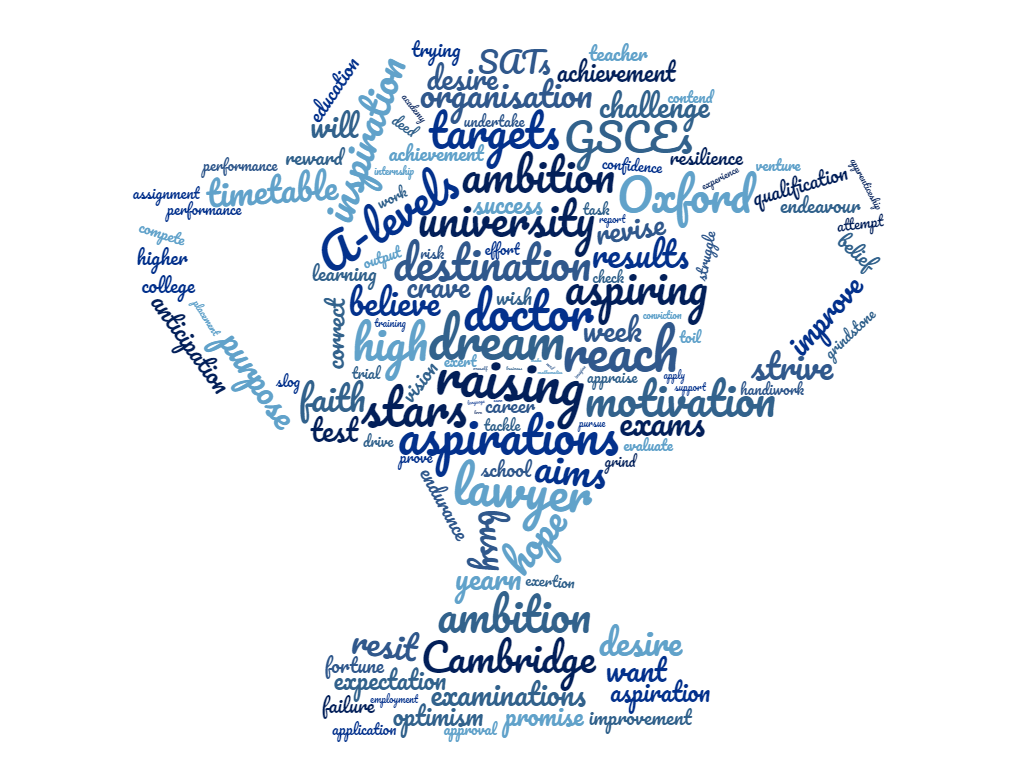It is a motto that creates a warm feeling and a good impression. We raise aspirations. It can be found all over vision documents in education. Our students aim high. In practice, too: schools hold assemblies, run form time lessons and design off-timetable days to raise aspirations. Dream big. But behind the good intent and the seemingly positive focus, we’ve got diversity and inclusivity all wrong. It’s not about dreaming big at all.

The raising-aspirations mindset is intended to address the class gap in performance between children from more and less affluent homes. It’s based on the logic that children from middle-class homes are more likely to aspire to becoming doctors, lawyers, research scientists and the like, that high aspirations are the first step in achieving goals of this kind, and that we should therefore create similar aspirations in working-class children to help them get started along the same career paths.
The very first problem with this raising-aspirations logic is that it assumes young people don’t have aspirations to begin with, or have the wrong ones. Research suggests this is not the case, especially for children in primary schools. Young people of all backgrounds have lots of wonderful ideas about what they would like to be when they grow up (at least, they do until our education system sucks their dreams from out of them). Children are certainly not short of aspiration, although they just might be short of what other people think are the right aspirations.
Continue reading “The Meaninglessness of “Raising Aspirations””
